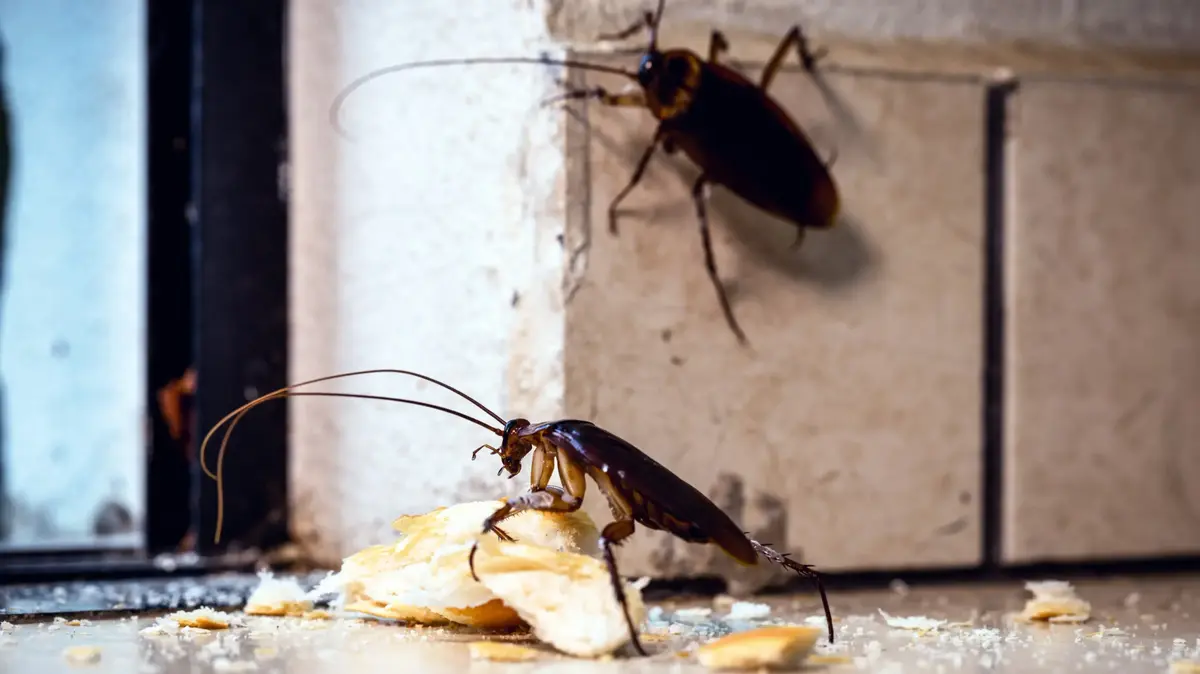Cockroaches develop a new mutation that abhors sugar and is resistant to pesticides
Scientists fear the rise of a new mutant breed of cockroaches after noticing a worrying change in their mating habits.
The sugar was used by the males as a way to entice females to mate, but these recently show a preference for "non-diabetics".
A new variety may be resistant to pesticides based on sugar as bait
not to be missed
08/28/2022
Sunday, August 28, 2022, 00:12 Updated: 00:37
Share on Facebook
Share on WhatsApp
Share on Twitter
Share by email
Share in general
Comments
Comments
Is cockroach milk the next superfood?
(checked story system)
The terror of the mutant bugs: A study has found an alarming change in the mating habits of the insects that may lead to the development of a new strain that is resistant to pesticides.
"German cockroaches began to develop an aversion to sugar in order to find a mate," say researchers from the University of North Carolina.
Their research, published in Nature last May, showed that female cockroaches avoid mating with their sugar-loving male peers, so the males changed strategy and gave up their fondness for the sweet to become more attractive to them.
The change may lead to the development of a new strain that is resistant to pesticides that are often based on sugar as bait.
According to the results of the study, an increasing number of male German cockroaches - the most common cockroach species in the world - are abandoning the use of glucose to lure the females, who have developed an aversion to the simple sugar over the years.
Yes, it turns out that the females are no longer looking for a sugar daddy.
The sequence of events was detected in females kept in the laboratory for research, where the researchers identified that they became more selective about the males they chose to breed with.
Usually, when a male cockroach wants to mate, he offers the female what is known as a "nuptial gift" - that is, a meal of sugars and fats that he stores in his hind leg gland.
However, the increasing indifference of females towards this sweet substance over the years has made them less likely to want to "flow with the guys".
From today on a diet
Cockroaches will give up sugars to get a mate (Photo: ShutterStock)
The researchers found that the most efficient pairs in the study when it came to mating were the females and males who avoided sugar - while the least productive were the females who avoided sugar and the males who consumed it.
Greater amounts of males have begun to eschew sugar in their foreplay technique to circumvent this problem - thereby ensuring that fertilization takes place and their species continues to reproduce.
The change could be passed down to future generations and create a non-diabetic strain which could lead to a problem for exterminators and pesticides who use glucose to attract the insects - notoriously hard to get rid of - to catch in bait.
Salon reported: "Because pesticide products are made with glucose, a simple sugar, to mask its less sweet toxic ingredients, cockroaches' dietary and mating habits could lead to a new generation of pesticide-resistant insects."
and in the meantime
These are the right methods to get rid of cockroaches - and the ones that do the exact opposite
To the full article
It won't help anymore
A new strain of cockroaches may be resistant to pesticides based on glucose as bait (Photo: ShutterStock)
Pesticides with glucose can further thin the sugar-loving roach population by selectively killing roaches attracted to its sugary odor, leaving behind a group of sugar-free cockroaches ready to breed with each other.
German cockroaches are known to carry a host of dangerous bacteria that can cause disease in both humans and animals.
An increasing cockroach population and resistance to pesticides could cause a public health crisis in the future.
For the entomologist who led the study, Ayako Wada-Katsumata, this is both a fascinating and worrying development: "When we think of evolution, we usually imagine wild animals, but in fact, it also happens with small animals that live in our kitchens," he said.
Well, we'll probably have to go back to our first alternative: flip-flops.
news
not to be missed
Tags
bugs
cockroaches

